Blue Phlox Facts
Phlox Flower Fun Facts Phlox flower was at the peak of the fame from the 1880s until 1940s. Loose clusters of slightly fragrant tubular lilac to rose to blue flowers to 15 wide with five flat notched petal-like lobes that appear at the stem tips in spring.

Blue Phlox Wild Sweet William Missouri Department Of Conservation
Can form large colonies over time as leafy shoots spread along the ground rooting at the nodes.
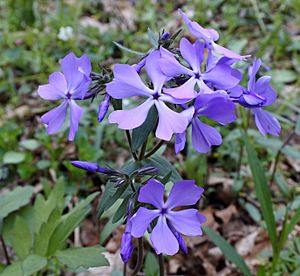
Blue Phlox Facts. Depending on the time of day and the light conditions the flowers will appear more blue or more purple. This selection produces large fragrant flower clusters that open pale blue and darken to dark violet-blue with red edges as they mature. Occasionally the foliage is also attractive especially that on the variegated cultivars such as Nora Leigh Unfortunately the appearance of the leaves is.
Satiny sky blue flowers borne on wiry stems appear in late spring last through mid-summer and open fully only on sunny days. This will not only add expertise to your gardening hobby but it will also help you understand its characteristics. Both blue Phlox davaricata and creeping phlox Phlox stolonifera belong to the woodland group which prefers full to partial sun exposure and moist rich soil.
This cultivar of the popular blue phlox has round full flowers with overlapping petals. This plant can form large colonies as the weak stems flop over and root at the nodes. They are the basic sources of food.
This plant also sometimes is referred to by other common names including blue phlox Louisiana phlox wild blue phlox and wild sweet William is hardy in zones 3 to 8. For best results grow Phlox paniculata. Small rounded seedheads form in summer.
It is noteworthy for its particularly rich blue-violet color. Plants are useful to human beings in innumerable ways. Fine hairs extend from the leaf margin.
Smaller than the tall summer phlox P. The blue phlox provides nectar for hummingbirds songbirds and butterflies. Every gardener must look for the required information on this plant before planting it.
It grows well in moist partly shady locations of USDA Hardiness Zones 4. Fun Facts - The seeds of blue phlox are so tiny they are often collected by placing panty hose over the blossom when the seed head forms. Phlox subulata Emerald Cushion Blue Creeping Phlox is a popular evergreen perennial with masses of pale lavender-blue flowers which enthusiastically blanket the dark green glossy foliage in mid to late spring.
Divaricata found from Illinois eastward has flowers with petals notched at the tip and var. Stems are both hairy and sticky. Woodland phlox plants have hairy sticky leaves.
Blue Phlox is a herbaceous perennial that may grow 6 to 12 inches high. Paniculata yet taller than the creeping species P. Phlox paniculata Blue Paradise Phlox are classic mid-border cottage garden plants which flower between July and October.
It is taller and has a more open habit than the very common sun-loving creeping phlox or moss P. Blue flax is a short-lived perennial with blue-green needlelike leaves on graceful 2-foot-tall stems. Use it in rock gardens or alpine houses in a dry wall or as edging.
The species name of paniculata refers to the panicles of blooms flower heads held atop its stalks. Subulata wild blue phlox has slim leafy stems to about 1 foot tall. Phlox was used medicinally as a tea to cure upset stomach sore eyes and skin diseases.
Vigorous it forms a lovely cushion and adds splashes of color for about 3-4 weeks. The leaves are opposite with a smooth margin. In fact tall phlox is another of its common names.
1415960 Summer Phlox is very popular for its midsummer display in the sunny border. Laphamii covering much of the eastern half of North America including Minnesota without the. Phlox paniculata Blue Paradise has domed clusters of double mauve-purple scented flowers on erect stemsThis long-flowering perennial is perfect for a mixed or herbaceous border in sun or partial shade.
Noteworthy Characteristics Spreads by roots creating a semi-evergreen groundcover. Garden phlox grows in upright clumps and it is a moderately tall perennial. There are two recognized varieties or subspecies depending on the reference of Wild Blue Phlox.
Woodland phlox is a relative of creeping phlox a variety that grows in sun and spreads quickly. The importance of Wild Blue Phlox is high as its benefits are more and so are Wild Blue Phlox Facts. Some uses in the garden include rock gardens border fronts wild gardens native plant gardens or naturalized.
Mounding types include sand phlox. Facts Wild blue phlox is a native woodland phlox though introduced to New England with sticky-hairy leaves and delicate fragrant lavender flowers that attract hummingbirds and butterflies in April and May. Many Phlox flowers bloom uncontrollably in the wilderness but it is one of the most beautiful ornaments for every garden or a balcony.
This flower is still popular today but these 60 years were something like a golden age of the Phlox flower. Rose lavender or violet-blue flowers first mature in spring and continue into early summer. Lance-shaped to elliptic leaves to 2 long.
In contrast woodland phlox prefers partial shade and spreads slowly. Perfect for rocky areas slopes and flower borders. You may know this plant by any of a number of other common names like Louisiana phlox wild blue phlox and wild sweet William.
The stem is both hairy and sticky.
Phlox Divaricata Facts For Kids
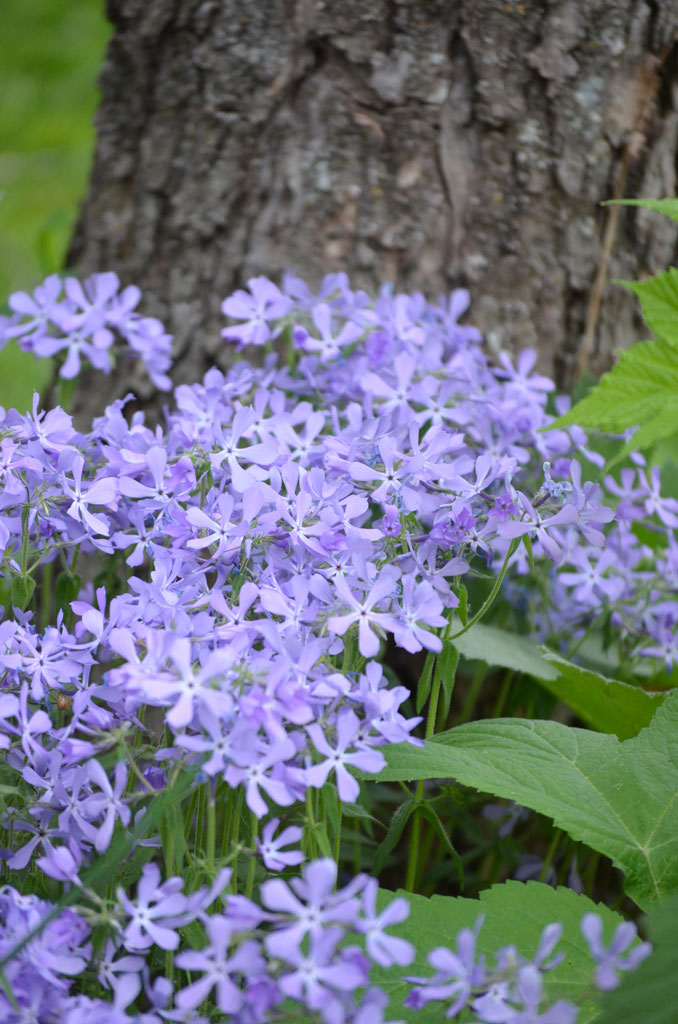
Phlox Divaricata Wild Blue Phlox Prairie Moon Nursery

Phlox Divaricata Wild Blue Phlox Go Botany
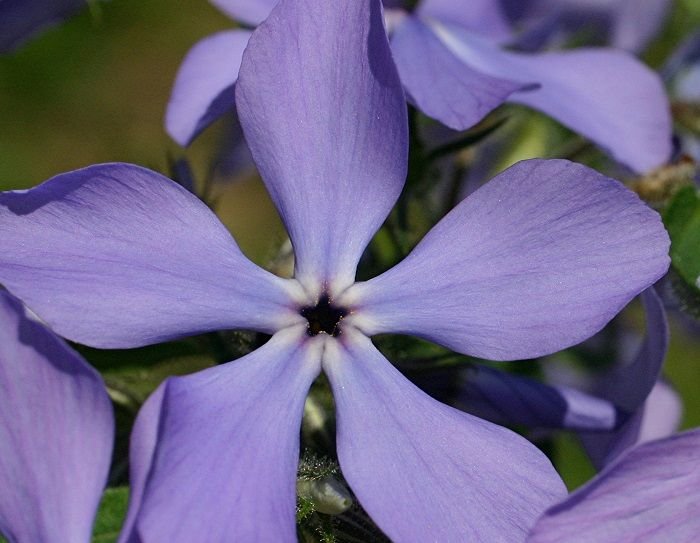
Identifying Wildflowers Wild Blue Phlox Phlox Divaricata Dave S Garden
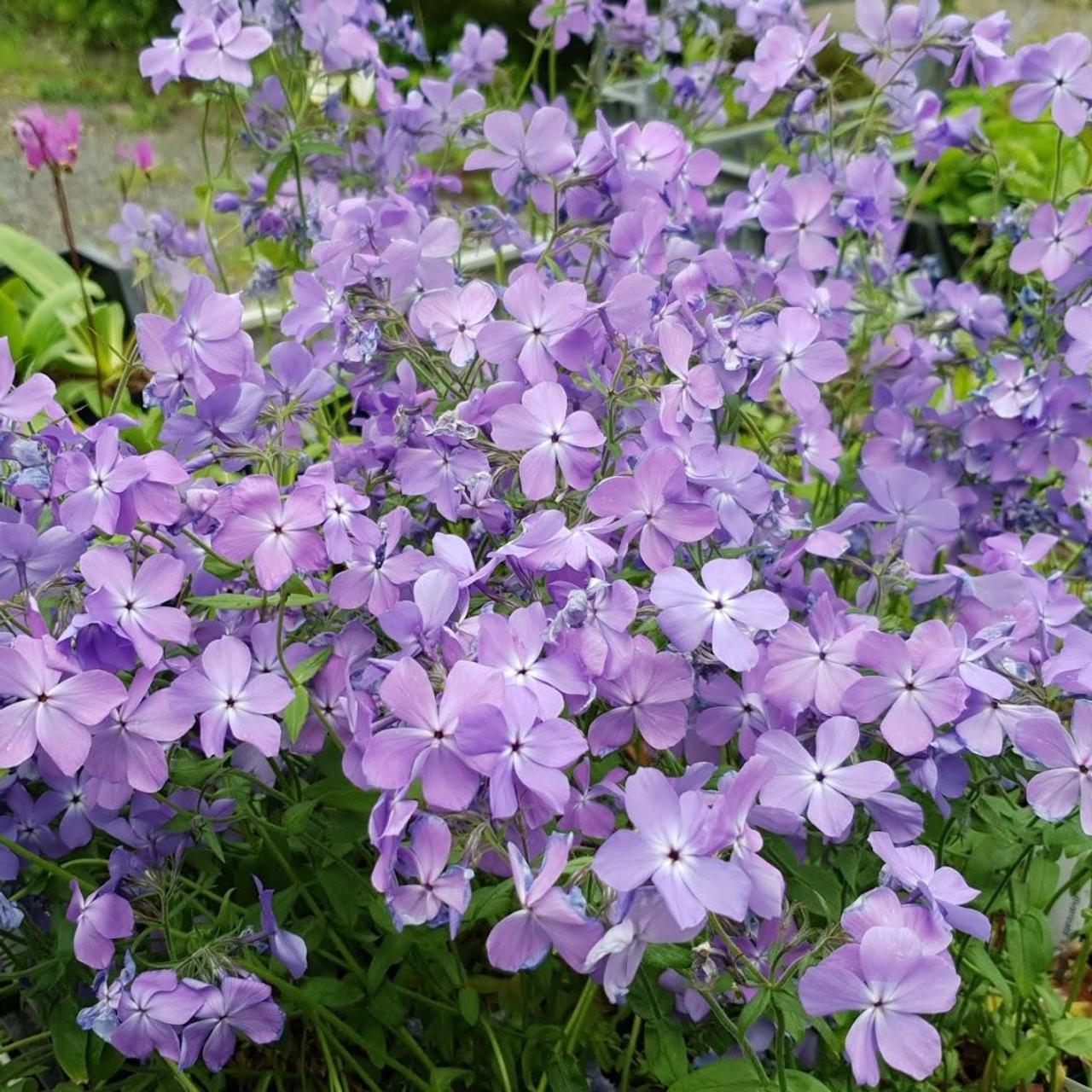
Phlox Divaricata Blue Moon Buy Plants At Coolplants
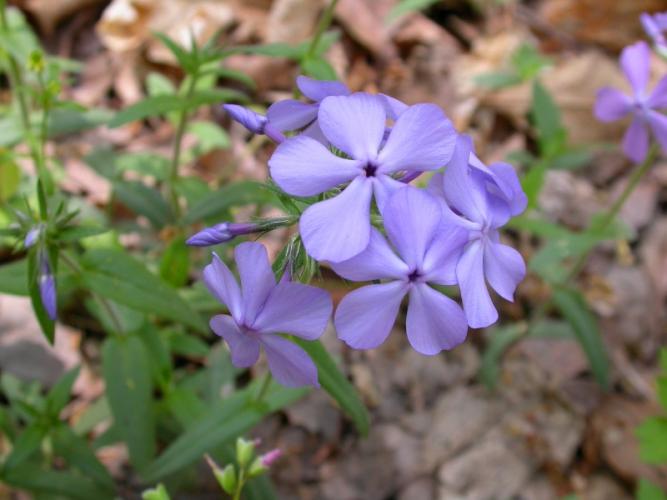
Blue Phlox Wild Sweet William Missouri Department Of Conservation
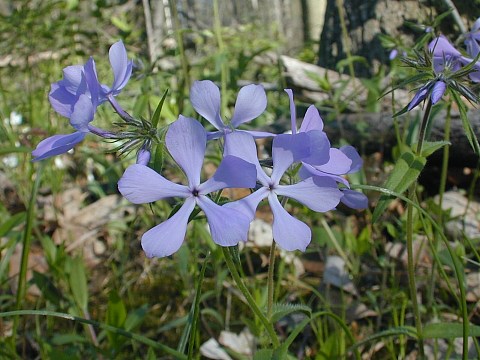
Woodland Phlox Phlox Divaricata Laphamii
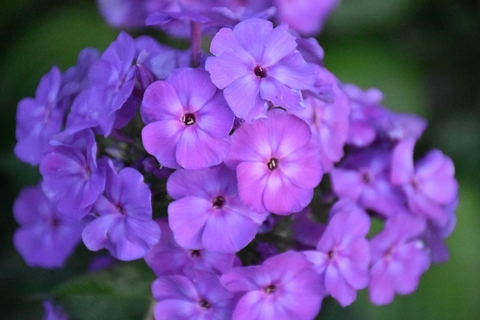
Tall Garden Phlox Umn Extension
Phlox Divaricata Wild Blue Phlox Native Plants Of North America

Buy Wild Blue Phlox Blue Moon Camp Creek Native Plants
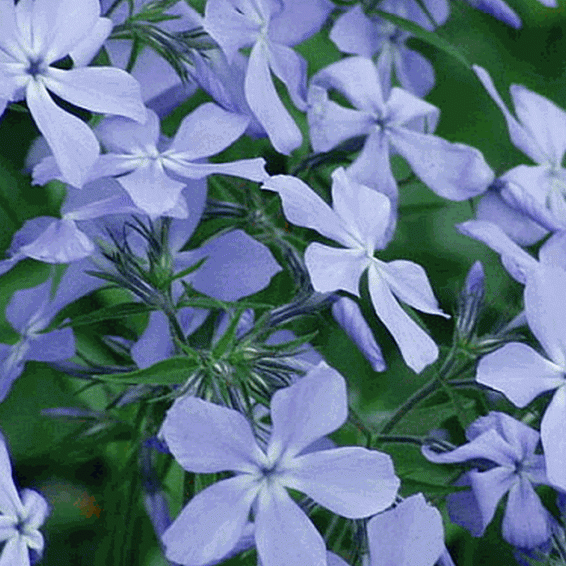
Phlox Divaricata Wild Blue Phlox Wildflower Seed

Phlox Divaricata Wild Blue Phlox Go Botany

Phlox Students Britannica Kids Homework Help

Phlox Divaricata Wild Blue Phlox Go Botany





Posting Komentar untuk "Blue Phlox Facts"